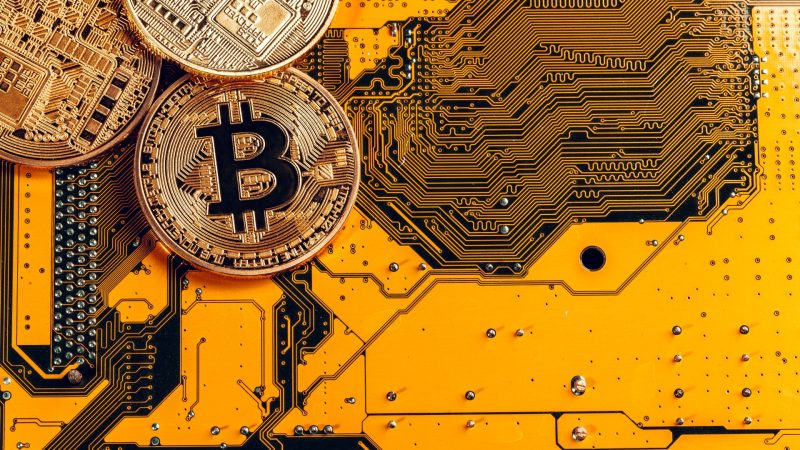Pakistan is turning its unused electricity into a powerful economic engine by allocating 2,000 megawatts (MW) to support Bitcoin mining and artificial intelligence (AI) data centers. This bold move, championed by the Pakistan Crypto Council (PCC) with government backing, is part of a broader effort to transform surplus power into high-value digital infrastructure.
A Digital Leap Forward
Finance Minister Muhammad Aurangzeb described this initiative as a turning point in Pakistan’s digital growth. By converting excess electricity into innovation, investment, and international revenue, the country aims to establish itself as a central player in the global digital economy.
Several factors give Pakistan a strategic edge:
- Geographic position linking Asia, Europe, and the Middle East
- Abundant renewable energy resources, including wind, solar, and hydropower
- Robust subsea internet cable connectivity
- A large and tech-savvy population
These elements position Pakistan as a prime candidate to become a regional hub for Web3, AI, and blockchain-driven services.
Incentives Draw Global Interest
Pakistan’s initiative has already caught the attention of major global Bitcoin miners and tech firms. To attract even more investment, the Ministry of Finance introduced:
- Tax breaks for AI data centers
- Duty-free incentives for Bitcoin mining operations
Bilal Bin Saqib, CEO of the PCC, highlighted the transformative potential of this plan. He emphasized the importance of regulatory transparency and international partnerships to help Pakistan emerge as a global leader in crypto and AI technologies. The ability to mine Bitcoin using surplus energy could allow the country to earn foreign exchange in U.S. dollars and even hold Bitcoin in a national digital wallet—an innovative shift from traditional energy exports.
Building the Digital Backbone
The arrival of the Africa-2 submarine internet cable—a massive 45,000-kilometer network connecting 33 countries—has significantly boosted Pakistan’s digital infrastructure. With improved bandwidth and reliability, the country is better equipped to support high-performance AI operations.
This is only the beginning. Future phases of the rollout will include:
- Data centers powered by renewable energy
- International collaborations with top blockchain and AI companies
- Creation of fintech and innovation zones
With over 40 million crypto users and a population exceeding 250 million, Pakistan is well-positioned to lead the region in digital transformation. Establishing AI data centers locally will also improve cybersecurity, ensure data sovereignty, and generate thousands of new jobs in fields like IT, engineering, and data science.
